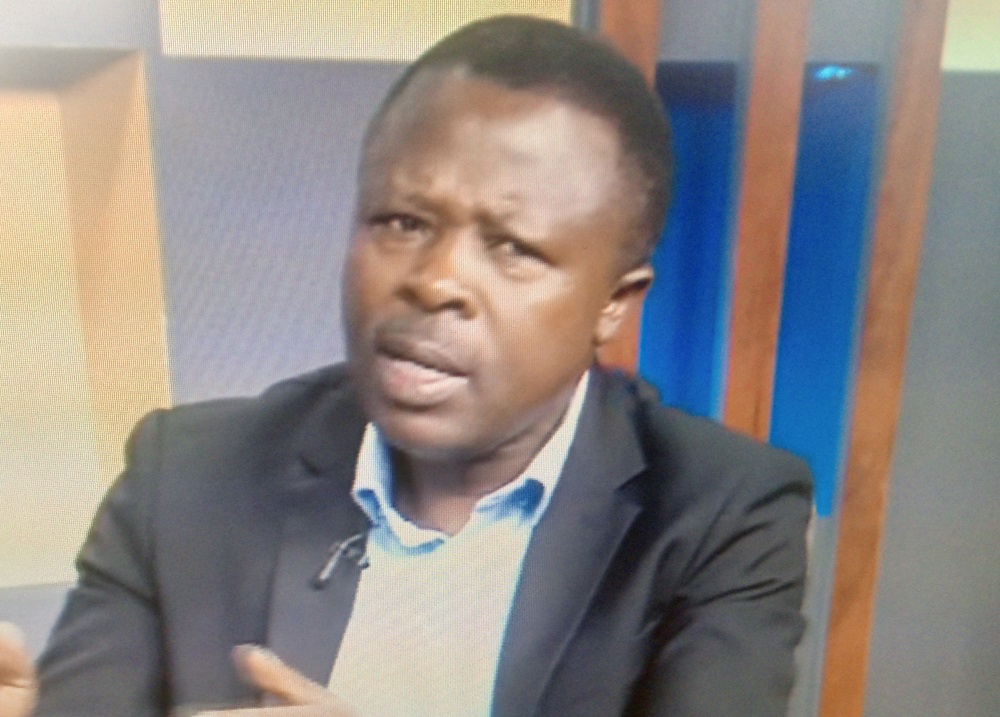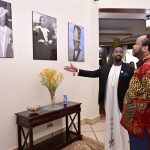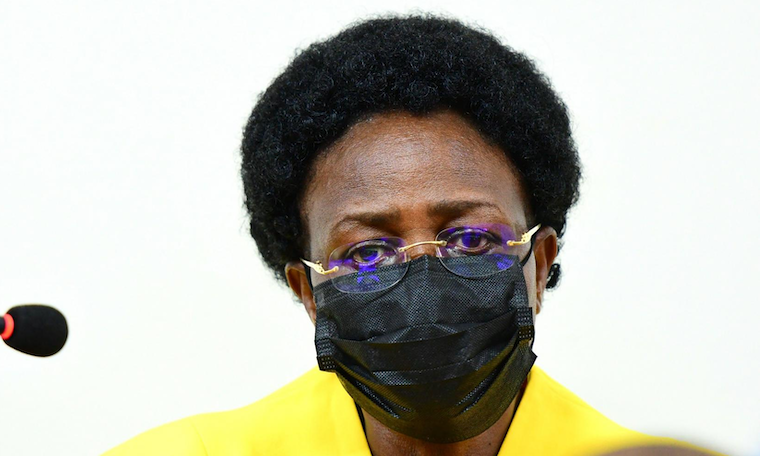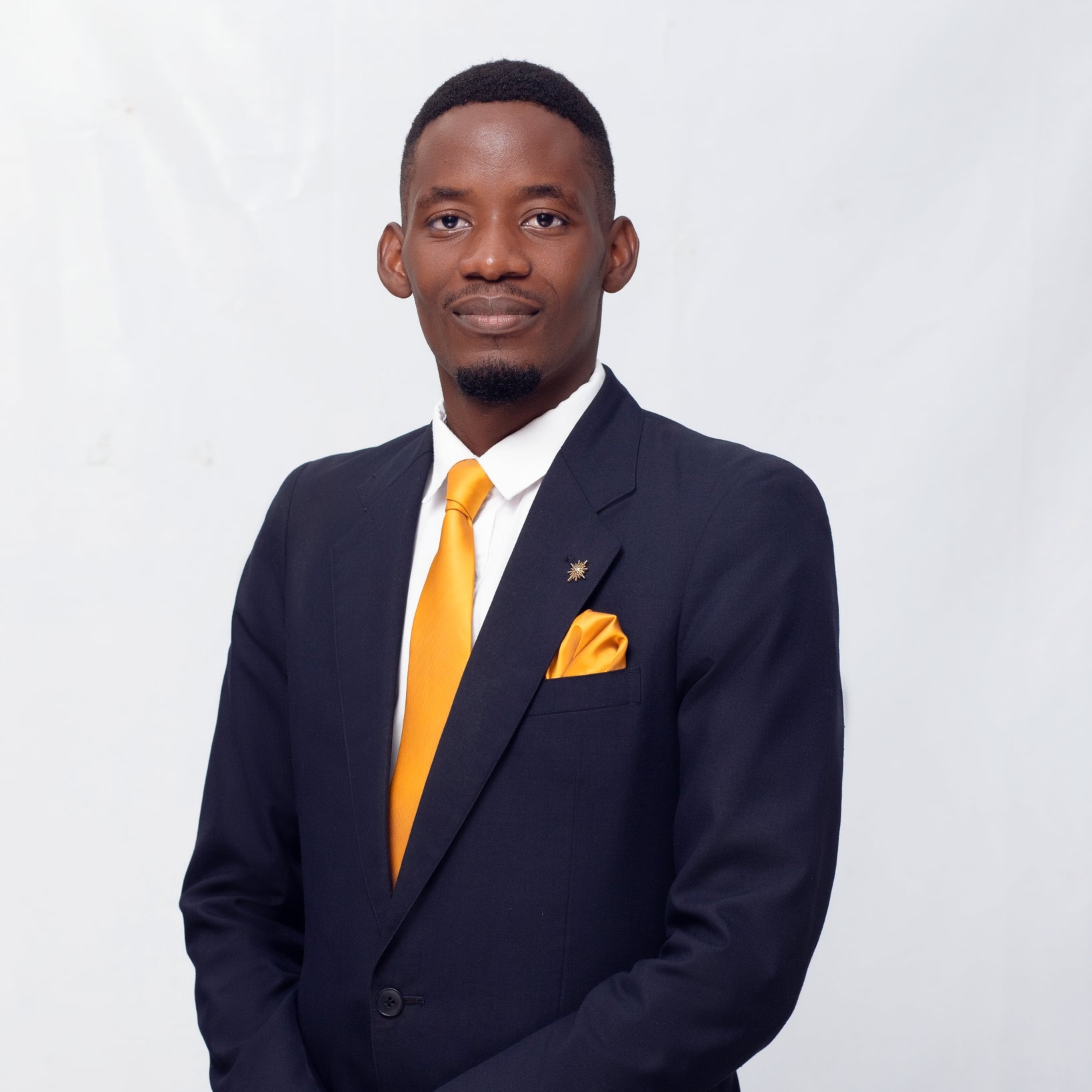As a cultural institution and as Bamasaba, we have a duty to protect Bukuka and Umukuka. We are also equally structured to guide and not attack them. It is quite condescending, so to speak, for someone to walk in one morning and heap very hot cultural criticism on Bukuka and Umukuka. This is unacceptable to some of us, and I renounce such practices. The authors of such malice must be held accountable.
The allegations that Bamasaba people, once circumcised, shrug off wise counsel from anyone, including their king, because of their newfound status as circumcised men, are erroneous and misleading. This was captured by a Daily Monitor columnist in a recent publication.
I am happy to note that it was merely an opinion of an individual writer and not the editorial position of the newspaper. Unless Dr. Khisa concluded his Bamasaba initiation in a non-cultural way and thus did not receive final instructions from elders before undergoing circumcision—some of those instructions include respect for elders—there is no wonder in the popular adage that when an elder passes away, it is like a whole library being burned down.
After reading the article in the Daily Monitor titled “Having a King Among the Bamasaba Is Abominable,” and noting that the author’s name was not immediately clear due to issues with grammar, semantics, and syntax, I initially suspected Prof. Wangusa. After all, who else in Masabaland writes such refined English? However, I restrained myself, having met him a few days earlier when the Daily Monitor and NTV teams profiled the authors of the Inzu Yamasaba anthem, in which Prof. Wangusa played a leading role. He prayed for the long life of the current Umukuka and all his cabinet ministers and envoys. I quickly eliminated him from my list of suspects. Upon further reading, I found that the author of the infamous article stated he came from Bumulyanyuma village in Manafwa District. I laughed heartily; I know them—they are bright people but full of insolence who won’t even bow while greeting the president. To them, it is the president who should kneel to greet them. Even women in this clan won’t kneel. A person from this clan won’t cross the road to greet the president or a cabinet minister; it is the minister or president who must approach them. When Dr. Khisa criticized a cultural leader and our customs, I knew this was typical Bumulyanyuma mentality.
Why is Dr. Khisa afraid of the current popularity of our leader and his ministers? For a long time, Dr. Khisa had avoided identifying himself as a Bamasaba. I can’t decipher the reasons for his reluctance to embrace his Umumasaba identity.
Books and academic qualifications can provide knowledge, but culture imparts more than books can. Culture teaches manners that books may not. Who in their right senses would challenge a cultural leader on matters of culture and customs? Cultural leaders are indeed custodians of their community’s practices. Recently, when Pope Francis preached to Americans on climate change, he was advised to focus on religion, where he has authority, rather than on environmental issues. He obliged to this wise counsel from across the Atlantic.
The Bamasaba people of both Uganda and Kenya recently celebrated the first coronation anniversary of their king. As part of this celebration, significant funds were raised for radio and television stations. When Dr. Khisa’s write-up appeared in the Daily Monitor, I naively mistook it as a congratulatory message to the Bamasaba people for completing their first year with their king and for the successful Imbalu launch witnessed by millions of Ugandans, including over 10 cultural leaders from within and outside Uganda.
The late General Eyadema of Togo once said, “Even if you don’t like the antelope, you must at least admire its speed.” I thought Dr. Khisa’s article was an admiration of our achievements, but alas.
If Dr. Khisa has been away for too long and lost touch with these realities and statutory directives, let me use this platform to inform him about the qualifications of His Royal Highness Jude Mike Mudoma. These qualifications include a bachelor’s degree and a master’s degree in forestry from Makerere University and Achines University, accomplished magna cum laude, among other accolades. The current Umukuka has worked as a forest officer under Mbale District, as a researcher officer under NARO, and as a government consultant. While in China as a student, he was elected president of the overseas students, which exposed him to countries like Japan and Korea.
His formative political journey includes roles as RC I, RC II, and eventually Chairman RC III of Buyobo Subcounty in the early 1990s, and as a District Councilor in Mbale. He also served as a government consultant under UNFA and on various boards under the Ministry of Energy and Mineral Development, among other responsibilities.
It is an understatement to say that Dr. Khisa’s comments on Bukuka were juvenile. In his infamous article, Dr. Khisa claimed that anyone calling the Inzu Yamasaba cultural leader a king is not in their right senses and that it is abominable. He failed to acknowledge the laws that create cultural institutions in Uganda. The cultural leader is qualified to use titles such as “His Royal Highness” without question, having served as the paramount chief of the Bateza people. Most titles are bestowed by law, and what is given by law can only be taken away by law.
Indeed, it is well-established law in Uganda that cultural institutions and their leaders are discouraged from compelling citizens to pay allegiance. I hope my brother Khisa finds solace and comfort in this constitutional provision.
When the two constitutional and statutory provisions are analyzed, they shed much light on how cultural leaders emerge in communities. Article 246 and the Cultural Leaders Act 2011 guide that if a community wants to have a cultural leader, the local government must endorse this claim. If there is contestation among claimants, a formula proposed by Parliament in Article 246(1) and detailed in Section 16(1)(2) of the Cultural Leaders Act provides for mediation by elders to identify the rightful leader. It is guided by rules of civil procedure; one must exhaust these procedures before heading to court.
The Bamasaba faced a similar impasse around 2020 with two claimants to the throne: the current Umukuka Jude Mike Mudoma and another elder. The Minister of Gender had to invoke legal provisions to resolve this conflict. Hon. Betty Amongin, the Minister of Gender, wrote to Umukuka Emeritus Wilson Wamimbi, who had vacated his position. May his soul rest in peace. He was asked to mediate in mid-2023, following various local efforts to resolve the conflict, including religious interventions.
Umukuka Wamimbi gathered all 26 clan chairmen at the Mbale District headquarters. After 10 hours of detailed discussions and mediation, about 70% of those present resolved that the present Umukuka Jude Mike Mudoma was the more legitimate leader. This was communicated to the Ministry of Gender, which led to the gazetting. Both competitors came from different political persuasions.
Dr. Khisa may have lost touch with these realities and statutory directives. He should understand that scholarly opinions cannot override enacted laws or cultural practices. It would be disrespectful to label him as a “kaukumi” (outsider) in the diaspora. However, as an academic, he has a following that may blindly support his views. They need an accurate picture from the cultural institution, which is why we are addressing this issue.
Cultural institutions exist to guide and counsel our people whenever they veer off the cultural path. I know Dr. Khisa’s time abroad may have led him away from our cultural norms, but we will continue to offer guidance. The Ugandan constitution clearly outlines how citizens in a cultural enclave should relate to their cultural institutions and leaders. The constitution prohibits cultural leaders from coercing citizens into allegiance. Our support for the cultural institution and its leaders is voluntary and genuine.
The current cultural institutions and local governments are not intended to divide our people or create divisions. Cultural institutions have been present for over 60 years, despite some disruptions, and local governments have existed as long as Uganda itself. In Bubulo, where Moses Khisa comes from, there was an English county administrator in the 1920s. Was that dividing the country or performing an administrative duty?
Cultural institutions in Uganda rely on the support of local governments. Recent funding for the Imbalu launch among the Bamasaba is a testament to this collaboration. The enabling law requires local governments to endorse cultural leadership claims, validating these from the subcounty to the district level. With over 65 tribes in Uganda, many of which have cultural leaders, we invite my brother to join us in celebrating these achievements.
Cultural institutions play vital roles, including preserving morals, customs, and traditions, guiding marriage and family planning, and mobilizing communities for development. While political situations may change, cultures rarely do. We are working with the business community and government to extend development further into our clans.
The writer is the spokesperson for the Bamasaba Cultural Institution.




















